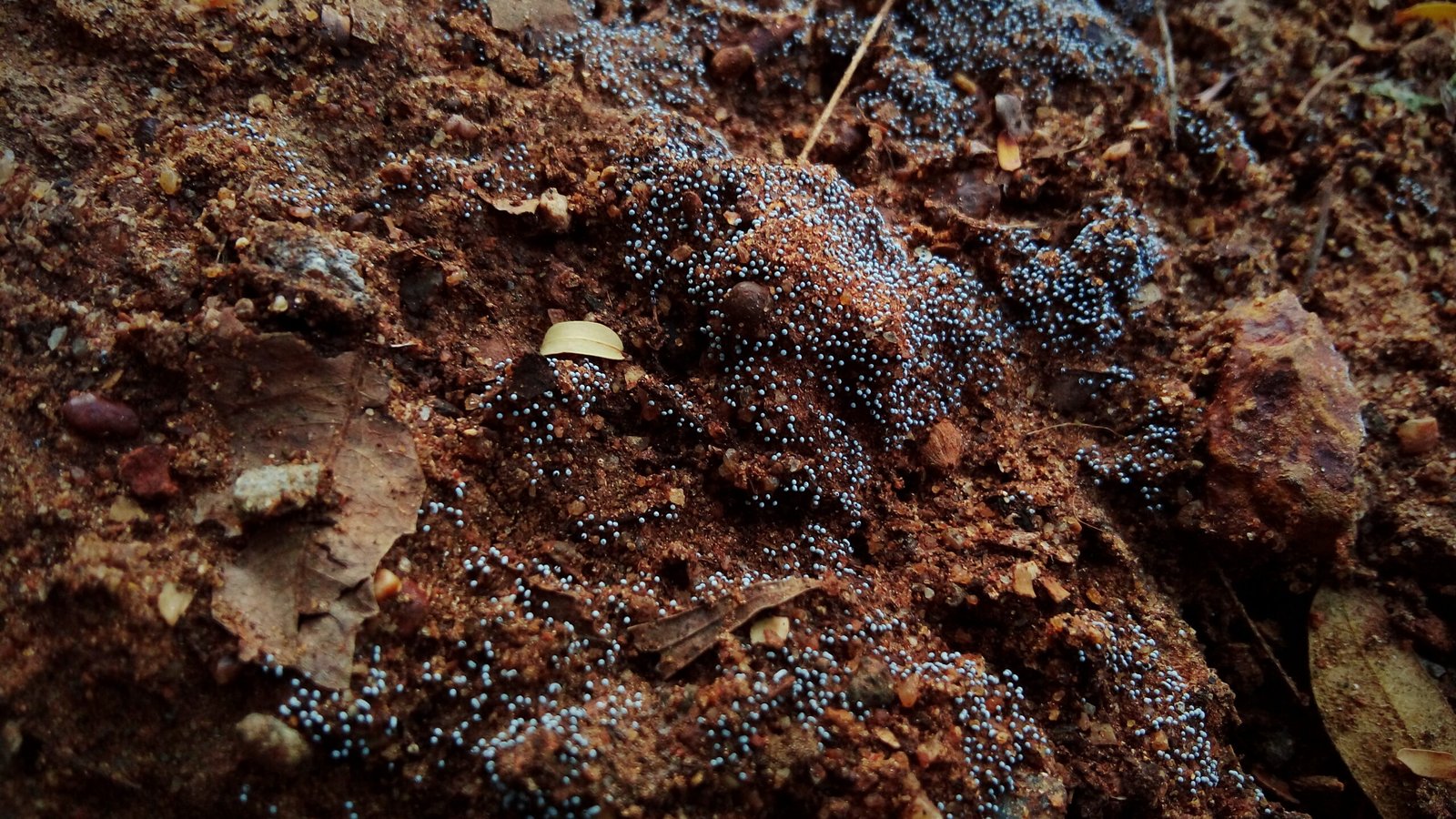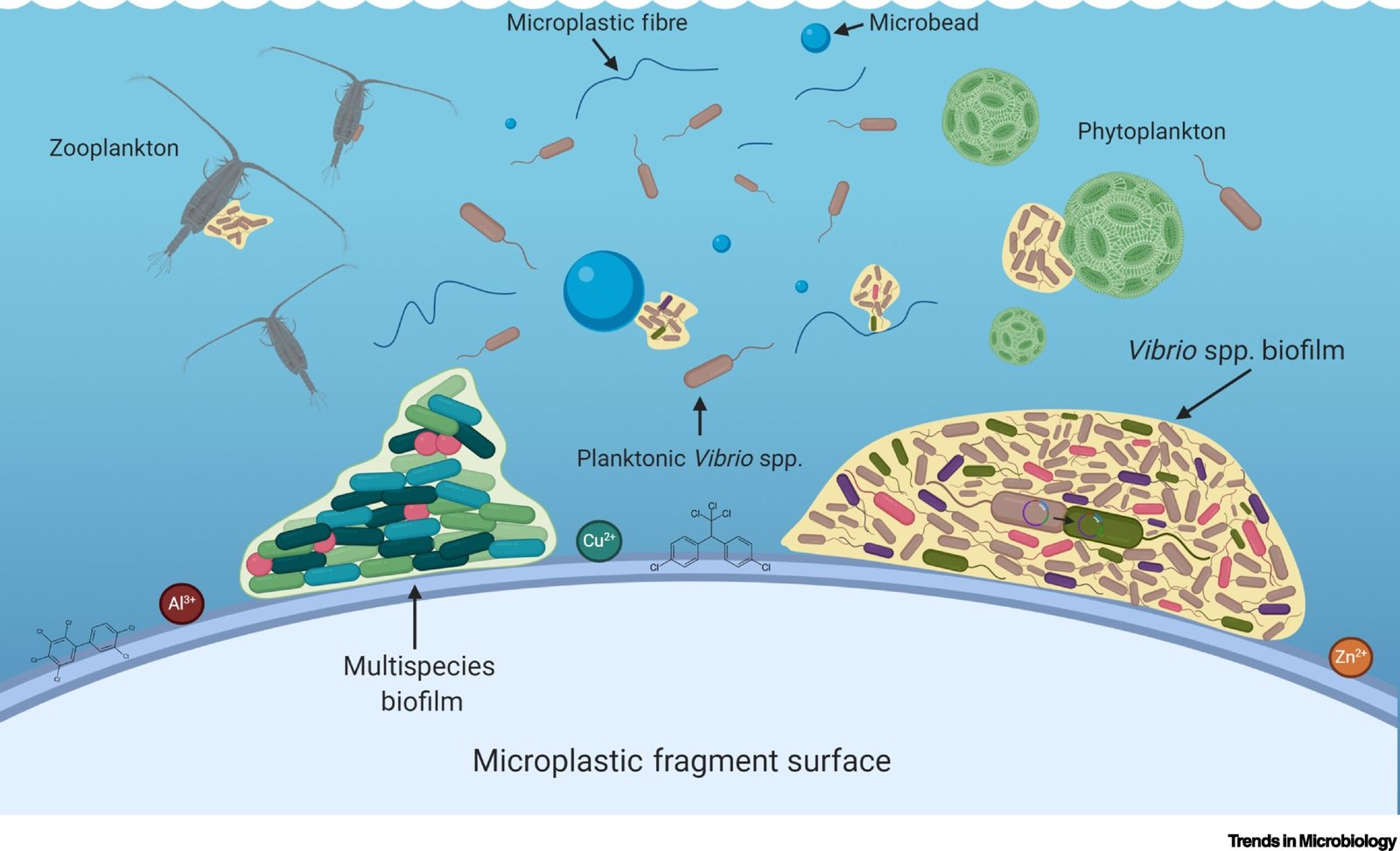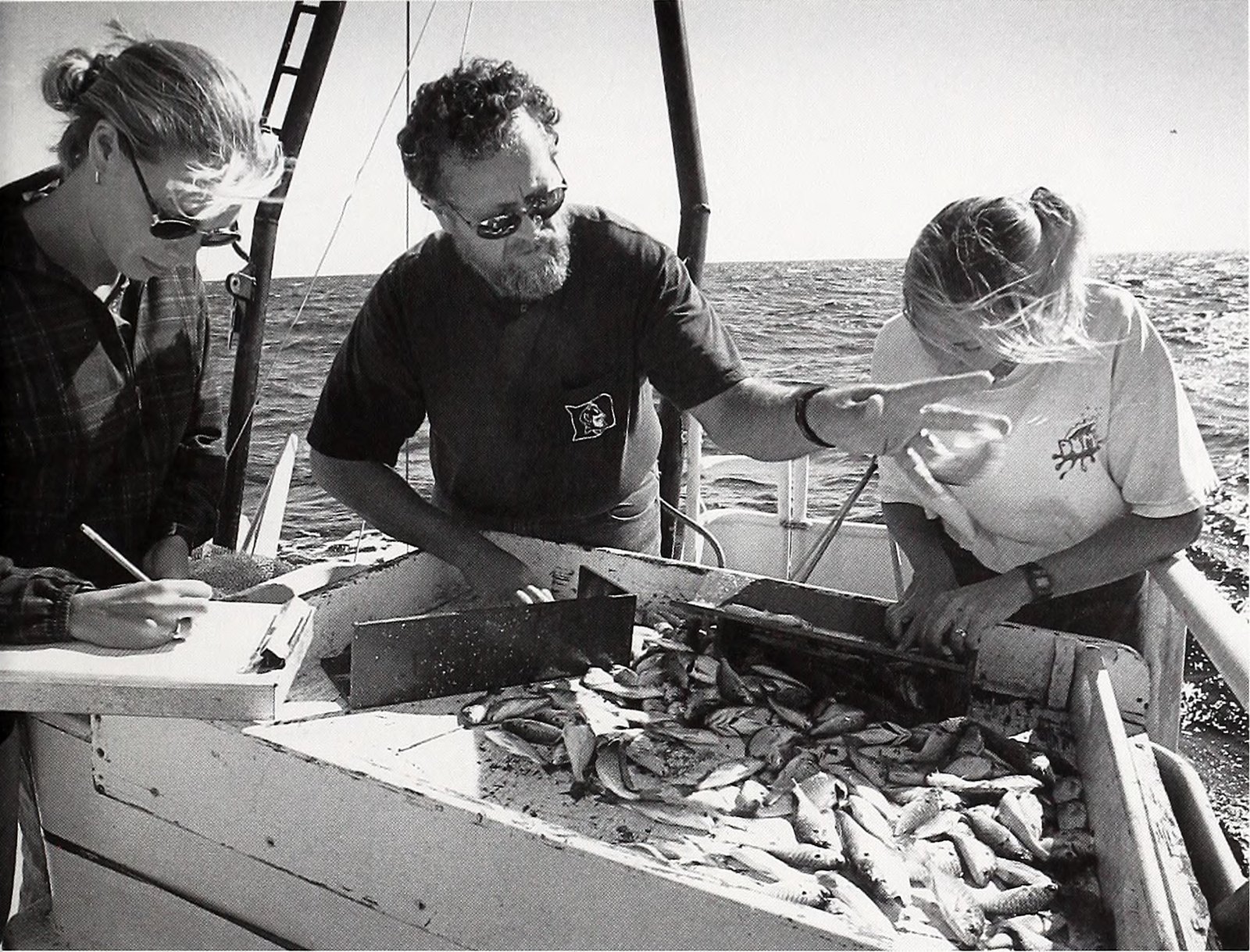Imagine a world where plastic waste no longer pollutes our oceans, clogs our landfills, or litters our streets. A world where nature itself could combat one of humanity’s greatest environmental challenges. This isn’t the plot of a science fiction novel; it’s a burgeoning reality, thanks to the humble, yet extraordinary fungi. These remarkable organisms might just hold the key to solving our waste crisis, offering an eco-friendly solution to the plastic pollution problem.
The Plastic Predicament
Plastic is ubiquitous in our daily lives, found in everything from packaging to clothing. Its durability, while advantageous for certain applications, is also its downfall. Unlike organic materials, plastic doesn’t biodegrade quickly. Instead, it breaks down into smaller pieces, known as microplastics, which persist in the environment for hundreds of years. This longevity poses a significant threat to wildlife, ecosystems, and human health, as these tiny particles infiltrate food chains and water sources.
A Natural Solution: Fungi

Fungi are a diverse group of organisms, including molds, yeasts, and mushrooms, that play crucial roles in ecosystems as decomposers. Some species have evolved unique enzymes capable of breaking down tough plant materials, like lignin and cellulose. This ability has intrigued scientists, leading to the discovery of fungi that can also digest synthetic polymers. By harnessing these natural decomposers, we can potentially accelerate the degradation of plastic waste, transforming it into harmless organic matter.
The Discovery of Plastic-Eating Mushrooms

One of the most exciting breakthroughs in this field came from a student-led study at Yale University. The team discovered a species of fungus in the Amazon rainforest, known as Pestalotiopsis microspora, which can survive solely on polyurethane, a common type of plastic. This fungus consumes and digests plastic, converting it into organic compounds. Such findings suggest that nature already possesses the tools to tackle our synthetic waste problem, if only we learn how to harness them effectively.
How Fungi Break Down Plastics
The secret to fungi’s plastic-eating prowess lies in their enzymes. These biological catalysts facilitate chemical reactions, breaking down complex molecules into simpler substances. For plastic degradation, fungi use enzymes like peroxidases and hydrolases to cleave the strong chemical bonds in polymers. This process not only reduces plastic into smaller, more manageable pieces but also converts them into substances that can be absorbed and utilized by the fungi as nutrients, completing the cycle of decomposition.
Laboratory Success and Scaling Challenges
In controlled laboratory settings, researchers have successfully demonstrated fungi’s ability to degrade plastic. However, scaling this solution to address the global waste crisis presents numerous challenges. Environmental conditions, such as temperature and humidity, need to be optimized for fungi to thrive and efficiently digest plastic. Additionally, isolating and cultivating the most effective strains of plastic-eating fungi is crucial. Despite these hurdles, ongoing research is focused on overcoming these barriers to make fungal plastic degradation a viable large-scale solution.
Real-World Applications and Innovations
The potential applications of fungi in waste management are vast. Imagine using fungi in bioreactors to process plastic waste from landfills or deploying them in ocean cleanup efforts. Some innovative companies are already exploring these possibilities, developing fungal-based technologies to tackle plastic pollution. For example, mycoremediation techniques, which use fungi to detoxify contaminated environments, are being adapted to target plastic waste, offering a promising approach to sustainable waste management.
Environmental and Economic Benefits
Implementing fungi-based solutions to plastic waste not only benefits the environment but also offers economic advantages. By reducing the amount of plastic in landfills and oceans, we can mitigate the harmful effects of pollution on ecosystems and human health. Furthermore, the byproducts of fungal plastic degradation can be repurposed as valuable resources, such as biofuels or organic fertilizers, creating new revenue streams and promoting a circular economy.
Fungi in the Broader Context of Waste Management

While fungi offer an exciting avenue for addressing plastic pollution, they are not a standalone solution. A comprehensive approach to waste management must integrate multiple strategies, including reducing plastic production, improving recycling technologies, and promoting biodegradable alternatives. Fungi can complement these efforts, providing an innovative tool in the broader arsenal against plastic waste. By embracing a holistic perspective, we can move towards a more sustainable future.
The Role of Public Awareness and Education
Raising public awareness about the potential of fungi in waste management is crucial for their widespread adoption. Educating communities about the science behind fungal plastic degradation and its environmental benefits can inspire collective action and support for research initiatives. Outreach programs, workshops, and collaborations between scientists, policymakers, and industry leaders are essential to fostering a culture of sustainability and innovation in addressing the plastic crisis.
Looking Forward: A Fungal Future
The idea of fungi as a solution to our plastic waste problem is both inspiring and achievable. As research progresses and technologies advance, fungi could become an integral part of our waste management systems. By investing in this field and supporting interdisciplinary collaborations, we can unlock the full potential of these remarkable organisms to create a cleaner, greener planet. The journey towards a fungal future is just beginning, and with it, the promise of a world where nature and technology work hand in hand to solve one of our most pressing environmental challenges.

